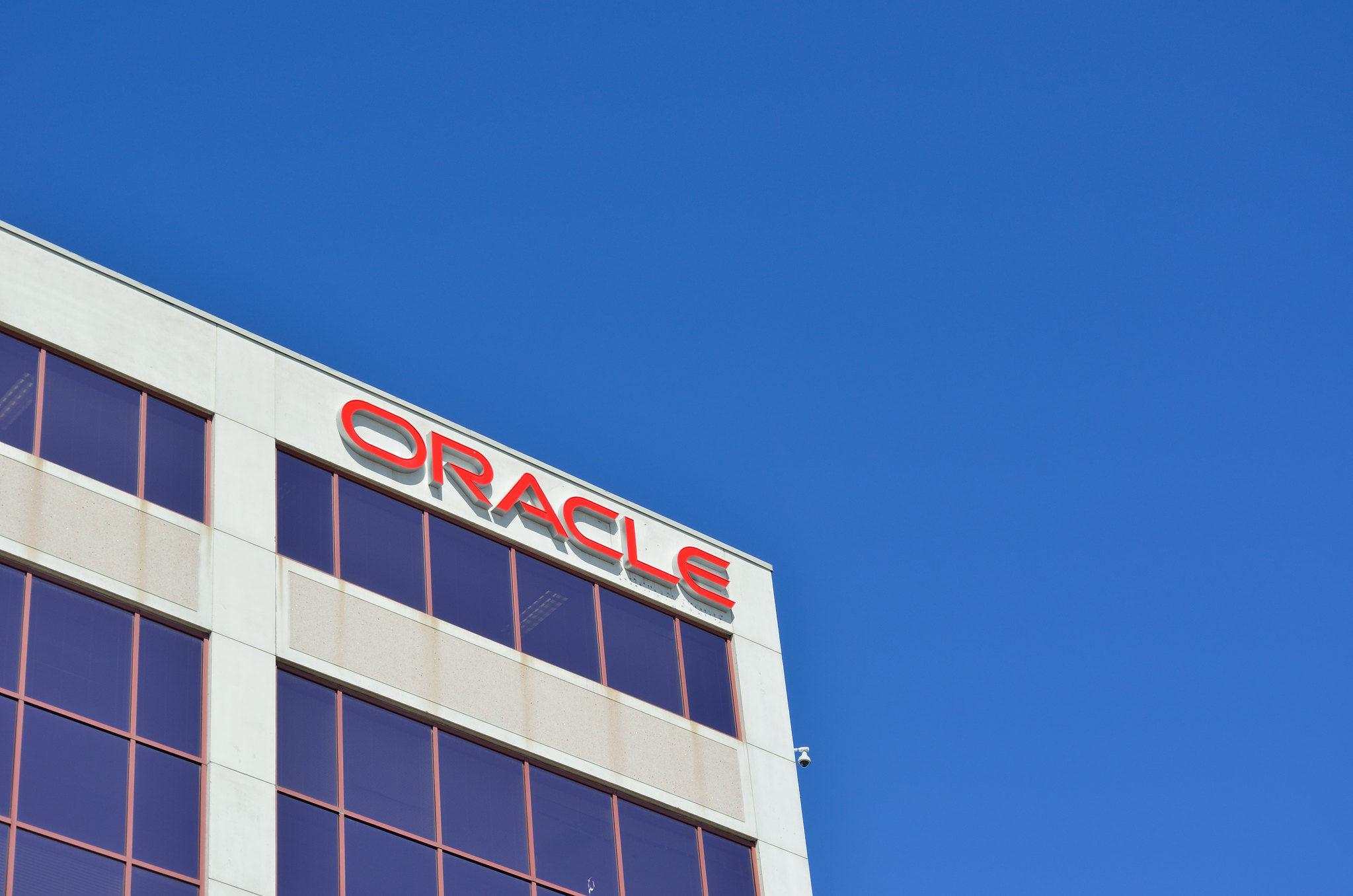 CLOUD
CLOUD
 CLOUD
CLOUD
 CLOUD
CLOUD
Confirming recent reports, Oracle Corp. today announced that it has entered an agreement to acquire healthcare technology provider Cerner Corp. for approximately $28.3 billion.
Oracle’s $28.3 billion offer amounts to about $95 per share. Cerner’s stock is up nearly 1% in trading today, while shares of Oracle declined more than 4%.
Kansas City-based Cerner provides electronic health record, or EHR, software that healthcare organizations such as hospitals use to manage patients’ medical data. The company is one of the leading players in the EHR market, with revenue of $5.5 billion last year. Cerner also offers a range of specialized applications alongside its EHR software that are used by hospitals to manage care delivery, perform business administration tasks and analyze operational data to find ways of increasing efficiency.
Oracle has big plans for the acquisition. The database maker said that it will integrate its Voice Digital Assistant product with Cerner’s software to help medical professionals access patient data more quickly.
Elaborating, Oracle Executive Chairman and Chief Technology Officer Larry Ellison stated that the company is aiming to “provide our overworked medical professionals with a new generation of easier-to-use digital tools that enable access to information via a hands-free voice interface to secure cloud applications.”
Oracle believes there’s an opportunity to help healthcare organizations operate more efficiently and thereby improve patient care. “This new generation of medical information systems promises to lower the administrative workload burdening our medical professionals, improve patient privacy and outcomes, and lower overall healthcare costs,” Ellison said.
As part of the plan to enhance Cerner’s software, Oracle will move the EHR software maker’s systems to its public cloud platform. “This can be done very quickly because Cerner’s largest business and most important clinical system already runs on the Oracle Database,” said Mike Sicilia, executive vice president of Oracle’s Vertical Industries business.
The plan, the companies said today, is for Cerner to use Oracle’s cloud infrastructure and resources to accelerate the pace of product development initiatives. Oracle pointed out its artificial intelligence capabilities as another asset that can help Cerner customers operate more efficiently.
On the business side, Oracle plans to turn Cerner into a “huge additional revenue growth engine” for years to come. In its most recent quarterly earnings report, Cerner posted a 7% year-over-year revenue increase that helped boost its sales to $1.36 billion. Oracle intends to accelerate the EHR software provider’s growth rate by bringing its products to more countries.
“That’s exactly the growth strategy we adopted when we bought NetSuite — except the Cerner revenue opportunity is even larger,” stated Oracle Chief Executive Officer Safra Catz. NetSuite Inc. is a maker of business applications that Oracle acquired in 2016 for $9.3 billion. The deal was the second-largest acquisition in the company’s history up to that point.
“Oracle’s acquisition of Cerner may be a play to get a strong foothold in the emerging cloud opportunity in healthcare,” commented Paddy Padmanabhan, founder and CEO of Damo Consulting, a growth strategy and digital transformation firm that works with healthcare organizations as well as tech firms. “Cerner is a leading EHR vendor and healthcare is in early stages of the cloud journey.”
Oracle expects to complete the acquisition next year. The company’s proposed acquisition of Cerner is the second major purchase made in the healthcare sector by a leading tech firm this year. Previously, Microsoft Corp. inked a $19.7 billion deal to acquire Nuance Communications Inc., whose medical note dictation software is used by a sizable percentage of physicians in the U.S.
The acquisitions continue a broader trend of major enterprise technology providers increasing their focus on vertical industries.
Last year, Salesforce.com Inc. introduced an array of vertical-specific solutions dubbed Industry Clouds. The Industry Clouds combine features from the company’s existing products with niche capabilities aimed at specific sectors. More recently, this September Snowflake Inc. introduced a vertical-specific solution of its own that’s designed for companies in the financial sector.
Vertical industries have also become a bigger focus among the leading public cloud operators. Amazon Web Services Inc. this year introduced Amazon FinSpace, a data processing service aimed at the financial sector. Google LLC’s cloud business in July debuted Healthcare Data Engine, a solution that makes it easier for healthcare organizations to process medical data.
Oracle expects the acquisition of Cerner to be immediately accretive to its adjusted earnings in the first full fiscal year after closing. The $28.3 billion that Oracle is offering represents a significant premium over the roughly $23 billion Cerner was worth last week, before reports of the acquisition first emerged. The steep premium underscores the key role that Cerner plans in the Oracle’s growth plans.
“Cerner has been a leader in helping digitize medical care and now it’s time to realize the real promise of that work with the care delivery tools that get information to the right caregivers at the right time,” said Cerner President and CEO David Feinberg. “Joining Oracle as a dedicated Industry Business Unit provides an unprecedented opportunity to accelerate our work modernizing electronic health records, improving the caregiver experience and enabling more connected, high-quality and efficient patient care.”
Support our mission to keep content open and free by engaging with theCUBE community. Join theCUBE’s Alumni Trust Network, where technology leaders connect, share intelligence and create opportunities.
Founded by tech visionaries John Furrier and Dave Vellante, SiliconANGLE Media has built a dynamic ecosystem of industry-leading digital media brands that reach 15+ million elite tech professionals. Our new proprietary theCUBE AI Video Cloud is breaking ground in audience interaction, leveraging theCUBEai.com neural network to help technology companies make data-driven decisions and stay at the forefront of industry conversations.